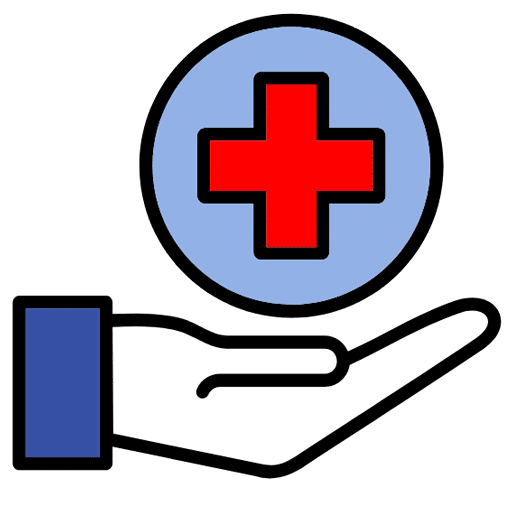Activities of Daily Living (ADLs) make up a large part of a CNA’s daily responsibilities, and this section of the exam ensures you can assist patients with essential self-care tasks. Our 20-question ADLs practice test focuses on feeding, bathing, dressing, toileting, and mobility assistance.
By concentrating on ADLs, you can strengthen your ability to deliver compassionate, effective care in line with best practices and patient rights.
✏️ Start Your Practice Test Now!
Activities of Daily Living (ADLs) – feeding, bathing, toileting, mobility assistance
Topics Covered
ADLs include everyday care tasks such as feeding, bathing, grooming, toileting, and mobility assistance. CNAs are tested on how well they assist patients with these needs while maintaining dignity and encouraging independence.
Tips for Success
Key strategies include remembering “weak side first” when dressing, preventing choking during meals, and ensuring privacy at all times. Respect for the patient’s comfort and autonomy is as important as completing the task itself.
Pointers for Study
To prepare, practice step-by-step care routines like perineal care and feeding, since these often appear on exams. Think about how each ADL connects to safety, independence, and emotional well-being.
Keep Going!
Continue working through all of our practice tests to sharpen your skills.
